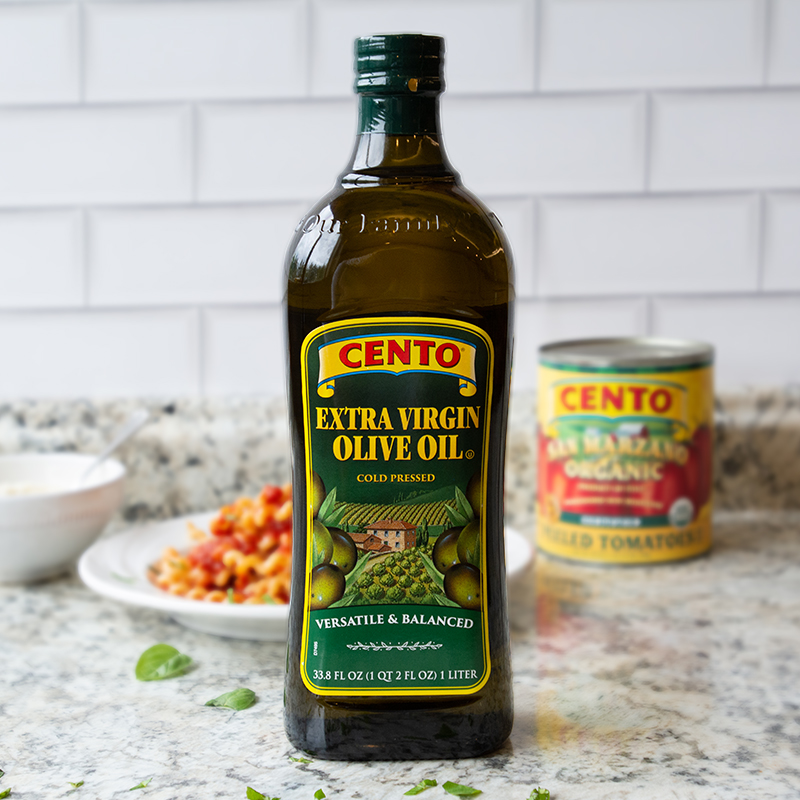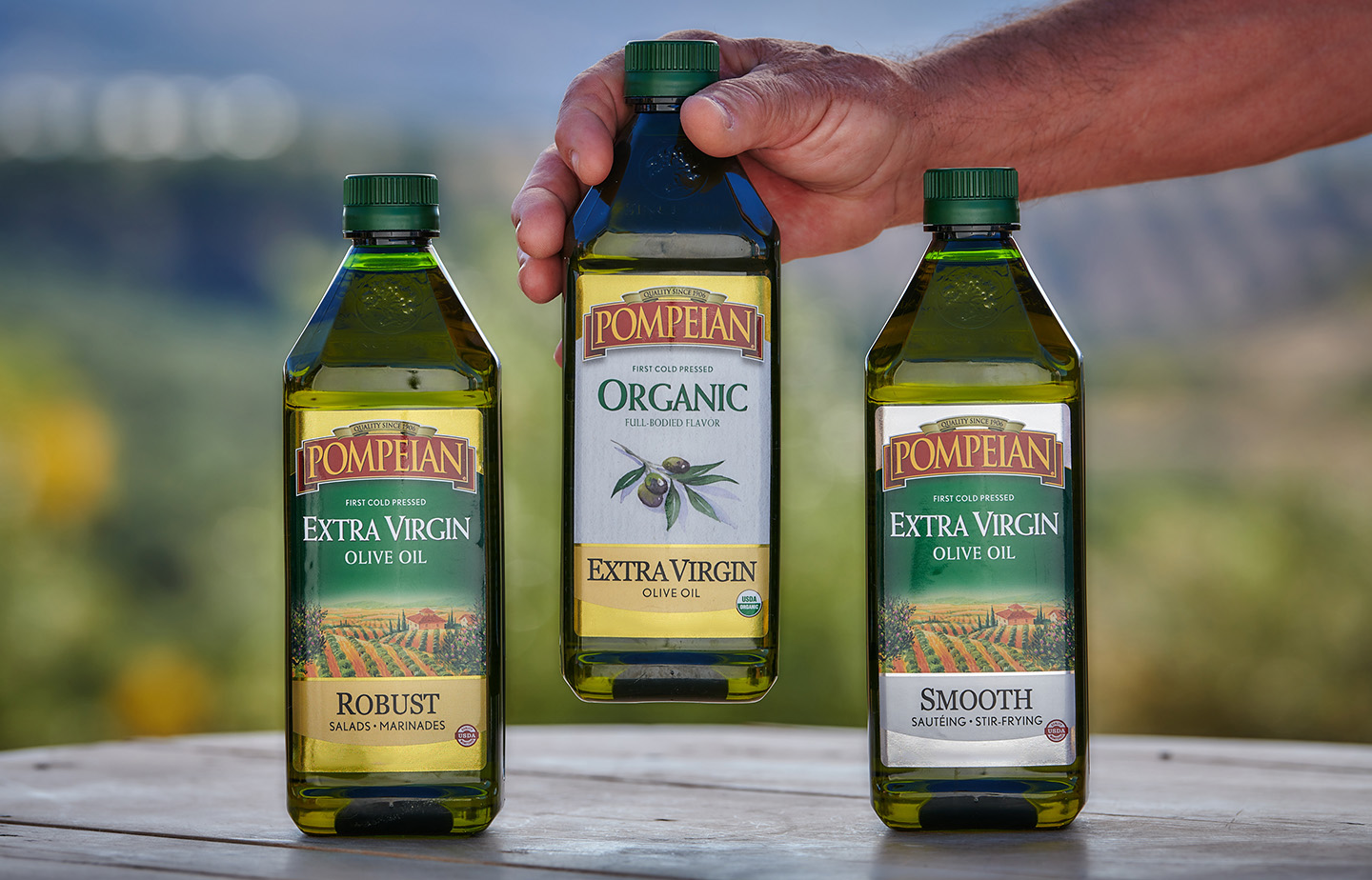Extra Virgin Olive Oil Benefits: A Powerful Antioxidant for Your Body
Extra Virgin Olive Oil Benefits: A Powerful Antioxidant for Your Body
Blog Article
Exploring the Various Kinds Of Olive Oil and Their Uses, Including Extra Virgin Olive Oil
The expedition of olive oil encompasses a varied array of types, each offering unique tastes and culinary applications. Additional virgin olive oil, renowned for its premium quality and health and wellness advantages, serves as a staple in lots of cooking areas, yet it is only one aspect of this complex ingredient.
What Is Olive Oil?
Stemmed from the fruit of the olive tree, olive oil is a staple in Mediterranean food and a vital ingredient in different cooking applications. This functional oil is produced by pressing whole olives, leading to a fluid that differs in fragrance, taste, and shade depending on the kind of olives made use of, the region of growing, and the removal procedure. Olive oil is predominantly made up of monounsaturated fats, particularly oleic acid, which is understood for its prospective health benefits, including anti-inflammatory properties and cardio assistance.
Along with its cooking usages, olive oil has a lengthy background of application in typical medication and skin care, owing to its abundant antioxidant web content (extra virgin olive oil benefits). The oil is usually made use of in dressings, sauces, and for cooking approaches such as sautéing and roasting. Its distinctive taste account can improve the taste of various dishes, making it an important component for both home cooks and professional cooks
Furthermore, olive oil is celebrated for its role in the Mediterranean diet, which is connected with countless wellness benefits. As understanding of these advantages expands, olive oil remains to acquire popularity worldwide as a basic part of a healthy lifestyle.
Kinds Of Olive Oil
Understanding the numerous sorts of olive oil is important for both cooking lovers and health-conscious customers. Olive oil is classified largely based on its removal method and top quality, which substantially affects its taste, health and wellness, and fragrance benefits.

Light olive oil, regardless of its name, describes a lighter flavor and not lower calories. It is ideal for those seeking a more refined taste in dressings and sauces. Furthermore, there are flavored olive oils instilled with natural herbs, seasonings, or citrus, which can improve recipes without the requirement for additional flavoring.
Each kind of olive oil offers specific cooking purposes, and recognizing these differences enables consumers to make educated choices that line up with their food preparation designs and health objectives.
Additional Virgin Olive Oil
Bonus virgin olive oil (EVOO) is commonly considered as the greatest top quality olive oil offered, renowned for its rich flavor and many health and wellness benefits. To be categorized as extra virgin, the oil needs to be generated from fresh olives utilizing mechanical procedures, without using solvents or too much warm. This thorough technique maintains the oil's natural tastes, antioxidants, and healthy fats, causing a product with a reduced level of acidity level of much less than 0.8%.
EVOO is abundant in monounsaturated fats, especially oleic acid, which is connected to reduced swelling and boosted heart health. It likewise has polyphenols, powerful anti-oxidants that might offer protective results against chronic illness. The taste profile of EVOO can vary dramatically depending upon the olive range and area of manufacturing, ranging from verdant and fruity to durable and sharp.

Culinary Use Olive Oil

In food preparation, olive oil can be made use of for sautéing, toasting, and cooking, supplying a much healthier option to butter or other fats. Its high smoke point makes it suitable for look at this website numerous cooking approaches, while its anti-oxidants add to a heart-healthy diet plan. Drizzling olive oil over finished dishes, such as pasta, fish, or smoked veggies, can elevate flavors and add a touch of elegance.
In addition, olive oil plays a substantial duty in baking, where it can replace traditional fats in dishes for bread and pastries, imparting moisture and a refined preference. It likewise acts as a base for instilled oils, enabling chefs to trying out tastes such as garlic, herbs, or chili, better increasing its culinary possibility. Generally, olive oil's adaptability makes it important in both home and professional cooking areas.
Deciding On Quality Olive Oil
When picking high quality olive oil, it's essential to take into consideration a number of key aspects that influence the item's aroma, wellness, and flavor benefits. Primarily, select extra virgin olive oil (EVOO), which is originated from the first cool pushing of olives and contains the greatest levels of anti-oxidants and helpful compounds. Search for oils that are licensed by acknowledged companies, as this often makes certain adherence to strict high quality standards.
The product packaging additionally plays a considerable role in protecting the oil's integrity. Pick oils kept in dark glass bottles or tins to safeguard versus light deterioration. Focus on the harvest day; fresher oils use superior flavor and dietary value, so select items that are within 18 months of their harvest.
Be mindful of the taste; a good quality olive oil should have an equilibrium of fruity, bitter, and sharp notes, suggesting its richness and intricacy. By examining these aspects, you can ensure you are choosing the ideal olive oil for your cooking needs.
Conclusion
In summary, the exploration of numerous types of olive oil discloses distinct features and applications, with extra virgin olive oil standing for the pinnacle of top quality due to its low acidity and high antioxidant web content. Comprehending the various varieties of olive oil enables for educated options in food preparation methods, promoting much healthier practices while enriching the total gastronomic experience.
Derived from the fruit of the olive tree, olive oil is a staple in Mediterranean cuisine and a vital ingredient in different cooking applications.The most common types of olive oil consist of improved olive oil, pure olive oil, and light olive oil.Extra virgin olive oil (EVOO) is commonly related to as the highest quality olive oil offered, popular for its rich flavor and many wellness advantages. Opt for extra virgin olive oil (EVOO), which is obtained from the very first cool pushing of olives and contains the greatest levels of anti-oxidants and valuable substances.In recap, the exploration of numerous kinds of olive oil exposes unique attributes and applications, with additional virgin olive oil standing for the read peak of top quality due to its low acidity and high antioxidant content.
Report this page